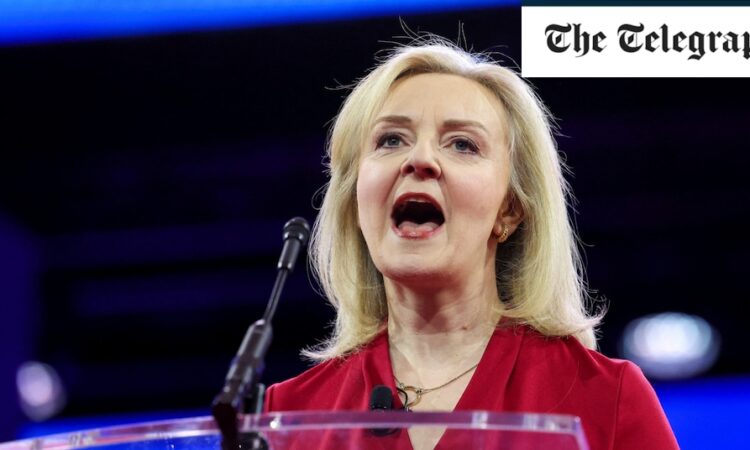
Yet the patient is not responding. If the IMF were sitting in judgment it would have found the Government to have already breached its own fiscal rules. IMF forecasts find UK public debt still to be rising as a proportion of national income in five years’ time, not falling as it should be.
This is largely because the IMF refuses to accept that promised cuts in departmental spending after the election will in practice be delivered. This may be a trifle unfair. The chances of Hunt delivering on those cuts are much higher than those of his Labour opposite number, Rachel Reeves.
By running things so close to the wire, Hunt has in any case conspired to deny Labour scope for deviation. Any fiscal headroom has already been spent.
It’s a pretty miserable inheritance, but then as Hunt put it at the IMF’s spring meeting in Washington last week, “I’m not going to give Rachel Reeves any inheritance at all, because I’ll still be in power after the election”.
Brave words. It seems very unlikely he can defy the polls, but we had better hope he does. Painful decisions await whoever is returned; the incumbents are much more likely to face up to them than the other lot, with its addiction to welfare.
Britain’s position is scarcely unique. The IMF’s greatest strictures were reserved for the United States, which is on a fiscal course of almost Trussite-like abandon, with little prospect of a Trump presidency reversing it.
At 7.1pc next year, the US’s projected fiscal deficit is more than three times higher than the average for advanced economies, with around 2pc of GDP projected to be added to the national debt in each and every year out into the indefinite future.
There is, however, a crucial difference; the US has growth, and lots of it.
On a five-, ten-, 20-year view – take whatever time frame you like – the US has hugely outperformed Europe, progressively widening the income gap and rendering an Englishman abroad a relative pauper.
According to IMF analysis, the gap between the US on the one hand and Europe and the UK on the other in GDP per head has widened to a third in purchasing parity terms.
What’s the secret? It’s deep and liquid capital markets, which in turn makes technological innovation easy and cheap to scale up; it’s still relatively high levels of immigration, with the US able to hoover up much of the available international talent; it’s an “out with the old, in with the new” approach to business, allowing for the most efficient possible allocation of capital; more latterly, it’s also about energy self sufficiency, which has shielded the US from high oil and gas prices; and it’s about that most un-American activity of all – massive state subsidies for key industries to help wean the country off perceived dependence on China.






